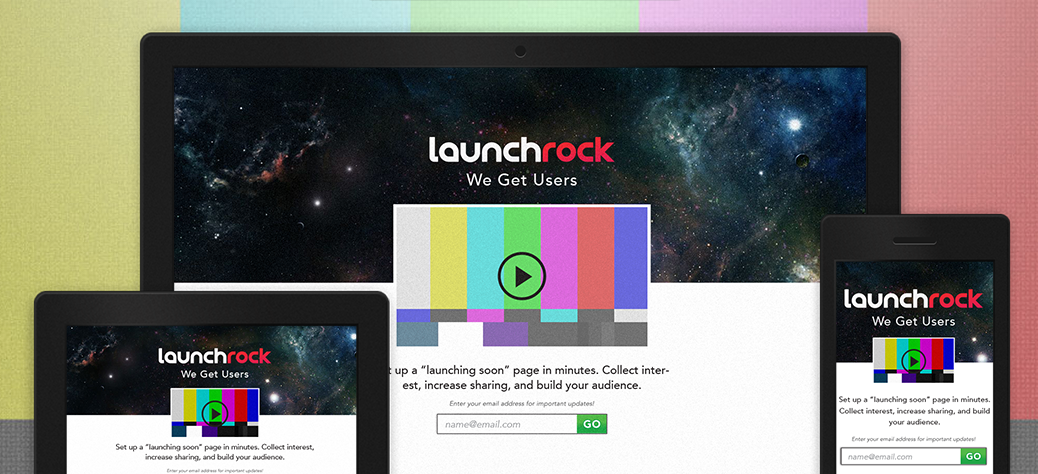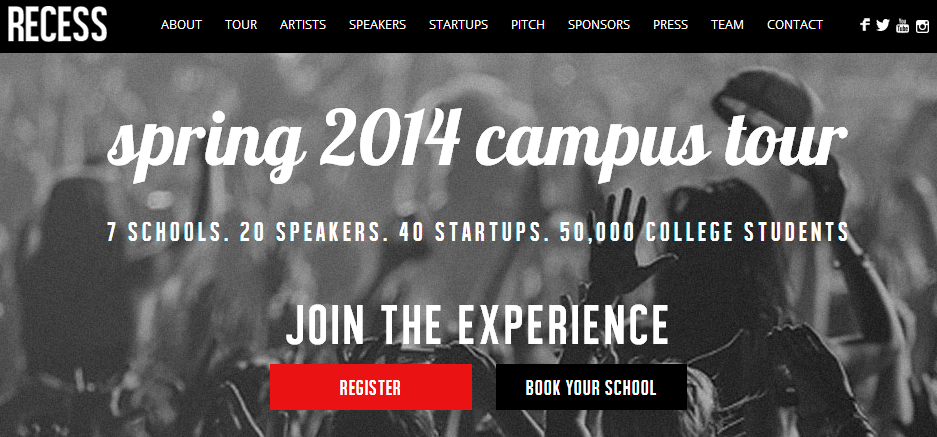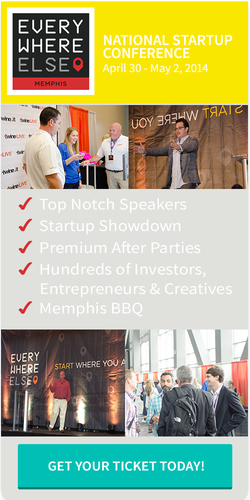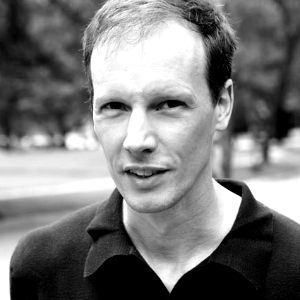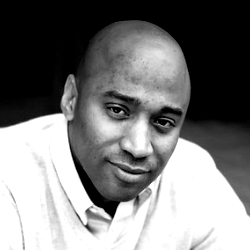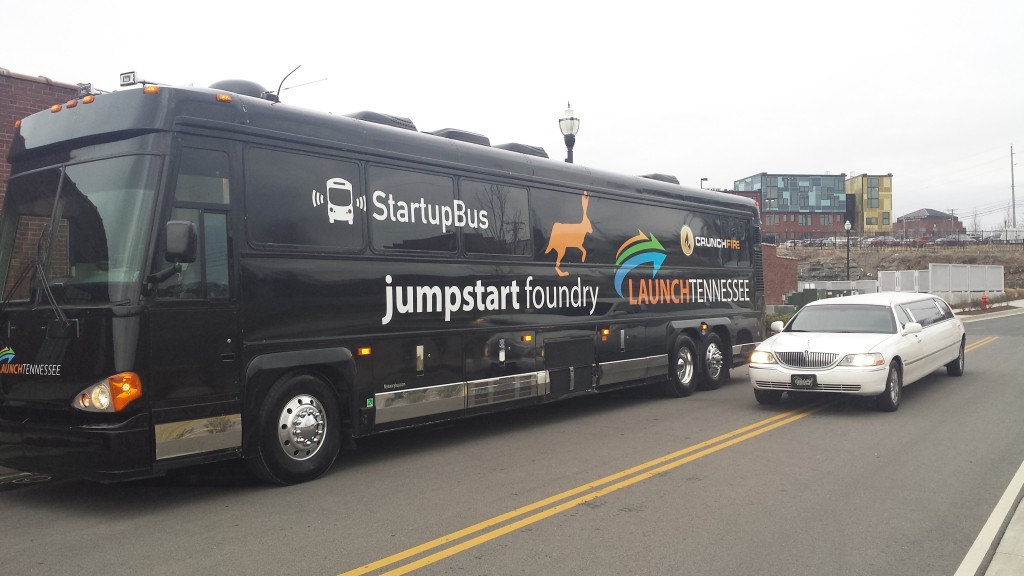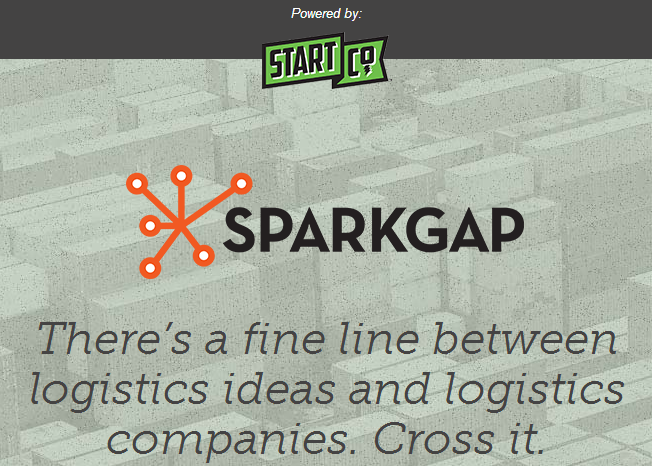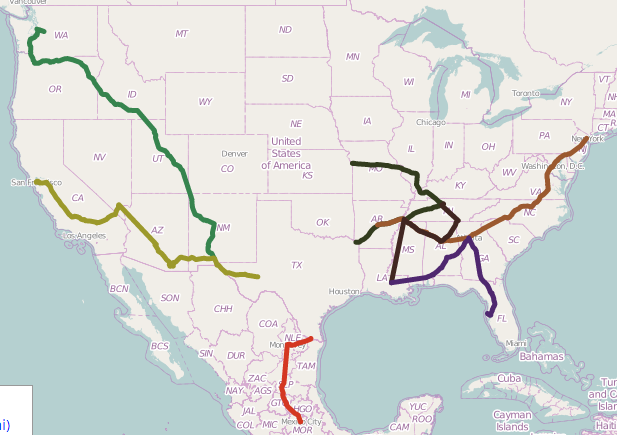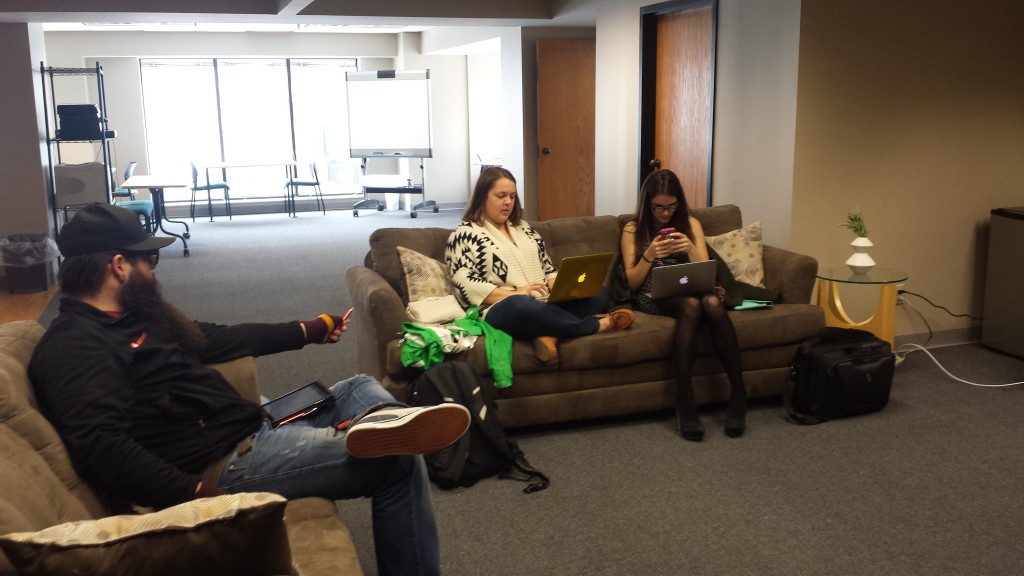There are only two ways to influence human behavior: you can manipulate it or you can inspire it.
Very few people or companies can clearly articulate WHY they do WHAT they do. By WHY I mean your purpose, cause or belief – WHY does your company exist? WHY do you get out of bed every morning? And WHY should anyone care?
People don’t buy WHAT you do, they buy WHY you do it
Simon Sinek
It’s advice that’s almost cliche in the startup world now. We hear “tell your story” a lot, and we can all remember that perfect pitch we heard that really to the advice to heart.
I didn’t know what to expect on our trip to Wofford College and The Space this past weekend. We were going to be a part of a demo day event, where 10 students from would present the projects they had spent all year working on. Two programs were presenting their final projects. The Impact Program, run by Courtney Shelton included students who were working on social entrepreneurship projects. The Launch Program, run by Jeremy Boeh, helps students build for-profit businesses.
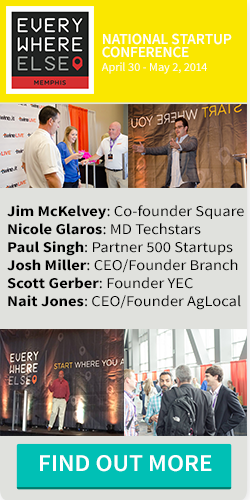 Okay, so let’s be honest. College project presentations? Not usually tops on the list of fun things to do.
Okay, so let’s be honest. College project presentations? Not usually tops on the list of fun things to do.
About 2 seconds into Ashley O’Cain’s presentation of her nonprofit, I knew this was going to be in a whole other league. This was not the college presentations of my past, but it also wasn’t the average demo day populated by seasoned startup people.
As first Ashley, then 4 more teams, talked about the social impact programs they had implemented or were working on, you could feel the energy and excitement. They were all passionately engaged with what they were doing, but it was more than that. Each and every one of them had learned the power of telling a story.
“I have congenital heart disease, which means I’ve had two open heart surgeries in my life,” spunky Katherine Buchanan announced to the crowd as she presented the Purple Scarf Society. “And those experiences taught me that I can do anything I want to.”
The Purple Scarf Society is an organization that Katherine started to prepare women for the work force. She developed a curriculum to help fellow students learn the various skills needed to land a job and move up in their careers.
“Women hold 14.6% of executive positions in Fortune 500 companies,” she said. “And that is not okay.”
The winner of the Impact competition was a kids’ festival called Fantasyland. Organized by Kulsoom Haq, the festival aims to bring the magic of Disney to the underprivileged kids of Spartanburg, SC. Now in it’s 3rd year, the carnival draws almost 800 kids from the area.
“Just remember,” Kulsoom told the audience, “All you need is a little faith, hope, and pixie dust.”
After the 5 Impact projects presented, the event took a break for some catered tacos and mingling with the 33 other projects that exhibited in a nearby tent. I should have known better by now, but I admit I expected most of the students to fumble their way through talking to me.
Not a single stutter.
Every single table I approached greeted me with a smile and a handshake, then launched into their projects. Voter initiatives, jewelry making, campus recycling, the list goes on. Every student had a story, and they were more than happy and able to tell it. They all started with “why,” and even this somewhat cynical tech writer was sold on every project.
Back in the presentation room, the Launch part of the event started. This time we listened to pitches for 5 for-profit companies, but just like their Impact counterparts, every student told their story flawlessly.
 “I’d hire you in a second,” one judge told Billy Moody, founder of Moody’s Wofford Wash. Because somehow, this 6 foot+ sophomore guy had convinced the audience that a laundry service was just the thing Wofford needed, and he was the guy to do it.
“I’d hire you in a second,” one judge told Billy Moody, founder of Moody’s Wofford Wash. Because somehow, this 6 foot+ sophomore guy had convinced the audience that a laundry service was just the thing Wofford needed, and he was the guy to do it.
And that’s the magic of the whole program at Wofford. Most of the projects these students work on will be abandoned. As of yet, they aren’t building the next Facebook, Twitter, or Uber. But they are starting real companies and initiatives, getting experience in leadership that can’t be found in a book, and learning to present themselves and their stories with passion and clarity.
The Space at Wofford College, and all the programs they run, is the future of education. These aren’t business students going through a traditional business plan program. These are French and history majors (with a couple of “undeclareds” thrown in). They aren’t pursuing these projects because they have to. In fact, to guarantee they come with the right motivation, the programs don’t even offer credit. The students do a tremendous amount of work for no credit and a tiny scholarship.
They aren’t isolated in a classroom, learning the “theory” of entrepreneurship. They’re tackling real problems that arise when you try to create something from nothing.
And they’re learning to always, always tell their story.
Check out what’s going on at Wofford College and The Space. Trust me. It’s something special.


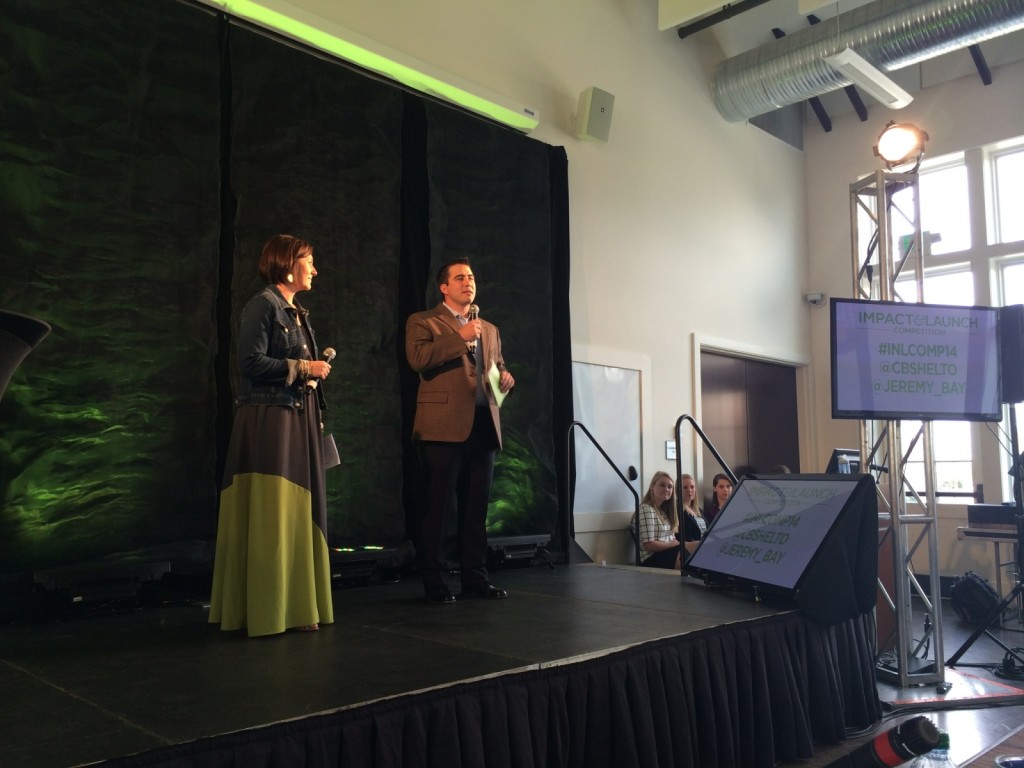
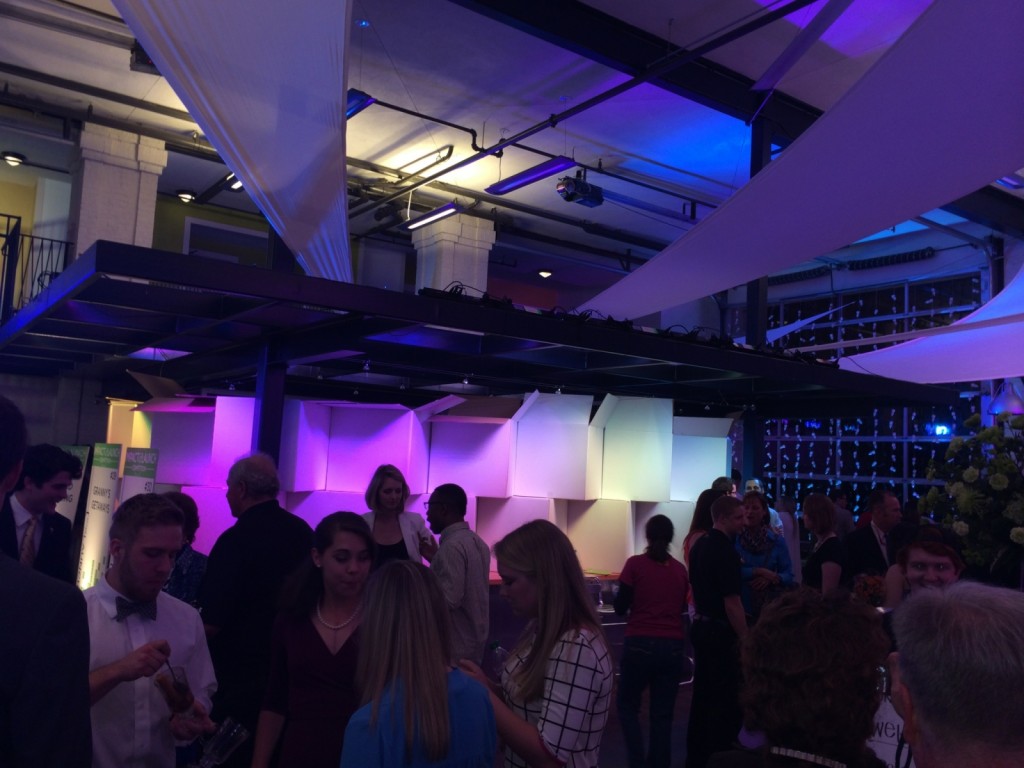

 Paul Singh-@paulsingh
Paul Singh-@paulsingh Jim McKelvey-@2000F
Jim McKelvey-@2000F Nicole Glaros-@nglaros
Nicole Glaros-@nglaros Gabriella Draney-@gabdraney
Gabriella Draney-@gabdraney Naithan Jones
Naithan Jones Ryan Hoover
Ryan Hoover Scott Gerber
Scott Gerber John Hall
John Hall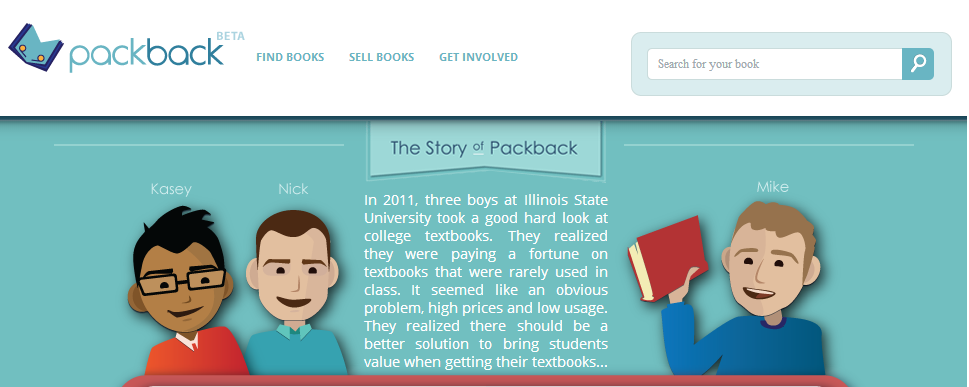


 Brian Wong is the co-founder and CEO of
Brian Wong is the co-founder and CEO of 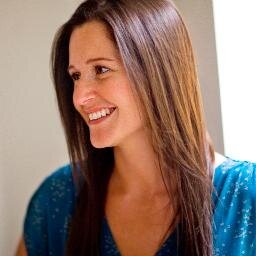 Gabriella Draney is Cofounder and Managing Partner of Tech Wildcatters. Most recently she was with HP Growth Partners, an early stage venture fund in Dallas. She co-founded an aircraft scheduling software company in 1998 that ended in a profitable exit. She went on to work for Morgan Stanley in private wealth management. True to her entrepreneurial roots, she left to follow her passion for nutrition by opening a specialty foods retail store, and simultaneously spent three years consulting with numerous Dallas-based startups on strategic planning and finance. Ms. Draney received her MBA in Strategy & Entrepreneurship from Southern Methodist University as a Cox Distinguished Merit Scholar, during which she interned for Silver Creek Ventures. She graduated Magna Cum Laude from the University of North Texas with a BBA in Finance.
Gabriella Draney is Cofounder and Managing Partner of Tech Wildcatters. Most recently she was with HP Growth Partners, an early stage venture fund in Dallas. She co-founded an aircraft scheduling software company in 1998 that ended in a profitable exit. She went on to work for Morgan Stanley in private wealth management. True to her entrepreneurial roots, she left to follow her passion for nutrition by opening a specialty foods retail store, and simultaneously spent three years consulting with numerous Dallas-based startups on strategic planning and finance. Ms. Draney received her MBA in Strategy & Entrepreneurship from Southern Methodist University as a Cox Distinguished Merit Scholar, during which she interned for Silver Creek Ventures. She graduated Magna Cum Laude from the University of North Texas with a BBA in Finance.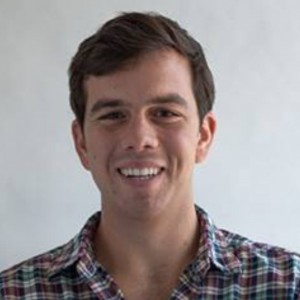 Just before his senior year, Josh Miller left Princeton University to build
Just before his senior year, Josh Miller left Princeton University to build  Ryan is a product guy with a passion for startups, product design, and personal growth. He grew up in the beautifully green northwest, in a college town named Eugene. After graduating from the University of Oregon, he lived in Portland for a year before making the jump to San Francisco. He’s the Co-Creator of
Ryan is a product guy with a passion for startups, product design, and personal growth. He grew up in the beautifully green northwest, in a college town named Eugene. After graduating from the University of Oregon, he lived in Portland for a year before making the jump to San Francisco. He’s the Co-Creator of  Mike Muhney
Mike Muhney